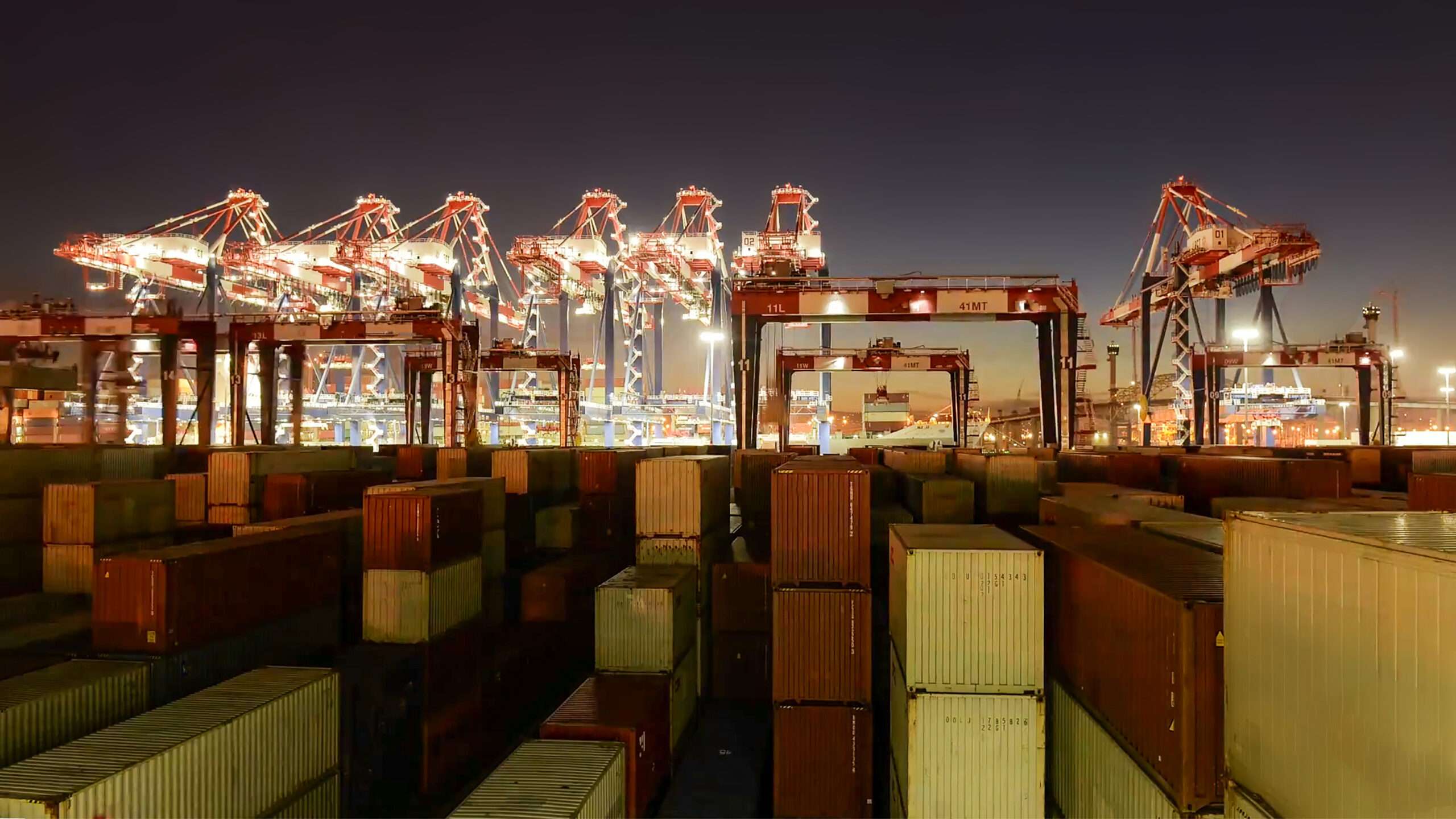
In furtherance of my campaign to get government to recognize net trade and prioritized balanced trade or net exports…
The 2013 Economic Report of the President is the recent such report which is written by the Chair of Council of Economic Advisers. It presents the Administration’s domestic and international economic policies.
A TR blog reader pointed out that the report contains reference to “global rebalancing” (PDF link, pg 213).
“Global rebalancing” has been one of the Administration’s major international economic policy goals for the past four years. In June 2012, the G-20 nations reiterated their support for this goal, calling upon countries with current account deficits to boost national savings, consistent with evolving economic conditions, and for countries with large current account surpluses to strengthen domestic demand and move toward greater exchange rate flexibility.
So, the good part is that they want current account and trade to be balanced in the world. The bad news is they don’t get the causal relationship. What is causing the global imbalances? Anyone? Anyone? Beuller? Beuller?
The Council of Economic Advisers imply that trade deficit companies don’t “save” enough (i.e. they consume more than they produce) and that trade surplus countries “save” too much (they produce more than they consume).(1) That’s a true enough factual statement but not a causal statement.
What is actually happening is that mercantilism causes the imbalances. Chinese mercantilism enables China to produce much more than it consumes, year after year. It uses currency manipulation, consumption tax, state owned enterprises and their 5 year plan to organize the entire industry to be an export powerhouse.
Similarly, Japan manipulates currency and uses its keiretsu and METI to organize the government/industry complex to be a persistent net exporter.
The currency manipulation occurs when the government or its agents intervene in foreign exchange markets to buy dollars or other foreign assets. Governments simply don’t do FOREX intervention as a part of legitimate and regular business. They do it to primarily to manipulate markets, i.e the value of their own currency in relation to the dollar.
Some geniuses in economics and government have claimed that trade surpluses give rise to those countries accumulating foreign assets (dollars).
But Joseph Gagnon of the Peterson Institute for International Economics put that decades long misconception to rest in a recent study. (2) He finds that those governments’ purchases of foreign assets (dollars) caused the trade surpluses.
Now this is not news to you and me, but it is news to the folks who wrote the President’s report. And its news to Bernanke and some finance ministers who participate in the G20 meetings and issue communiques about savings rates and imbalances.
So I’ll repeat. Government intervention in FOREX markets to accumulate assets devalues their home currencies and causes persistent trade surpluses for them and trade deficits for the U.S. (euphemistically “current account imbalances).
When I talk about the trade deficit, the Government-as-Borg thinks of adjusting comparative national savings rates around the world. They don’t think about it as a trade negotiation or mercantilism problem. So the USTR folks go for more trade agreements. Obama has a National Export Initiative to push exports… no word of net trade. Bernanke and Geithner – and their staff – try to talk to other central bankers into using monetary policy to adjust their national savings rates.
Because they don’t get that other countries currency manipulation CAUSES the “global imbalances.”
(1) Wikipedia defines “national savings rate” in this way: In economics, a country’s national savings is the sum of private and public savings. It is generally equal to a nation’s income minus consumption and government purchases.
(2) Gagnon, Joseph. 2012. The Elephant Hiding in the Room: Currency Intervention and Trade Imbalances, Peterson Institute for International Economics. Working Paper 13-2. Washington: Peterson Institute for International Economics.













